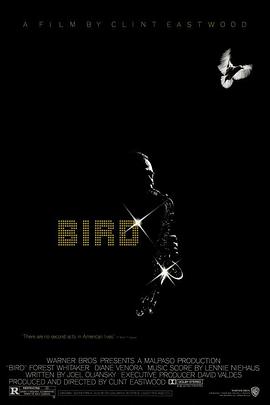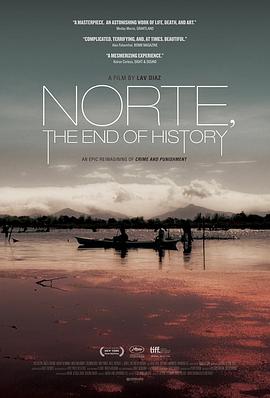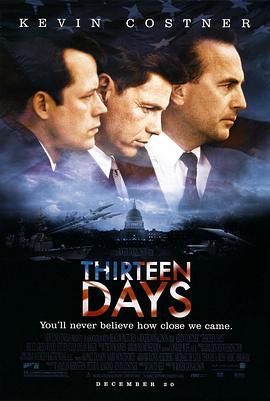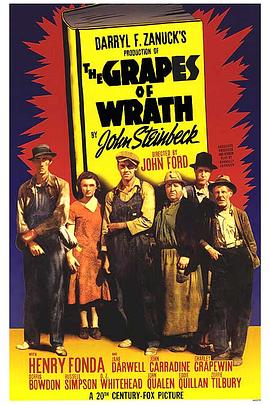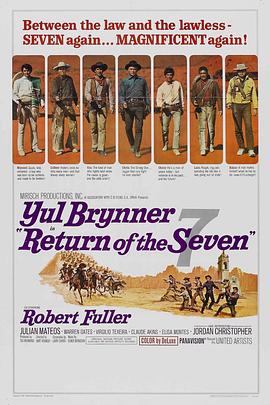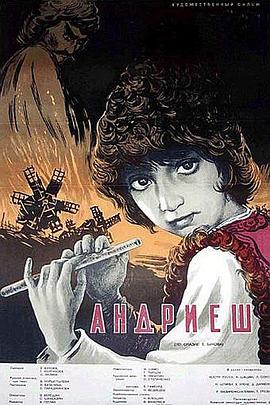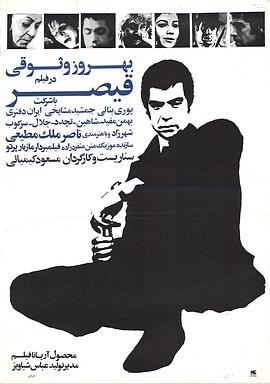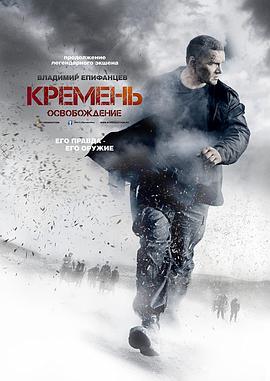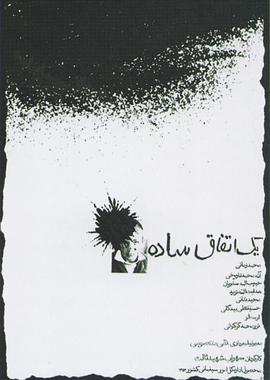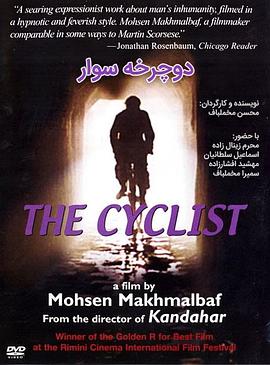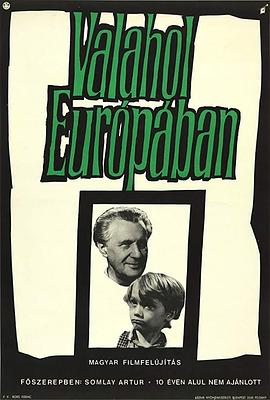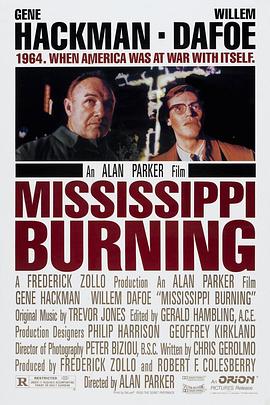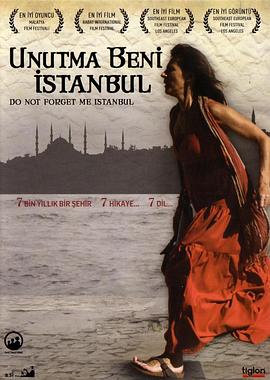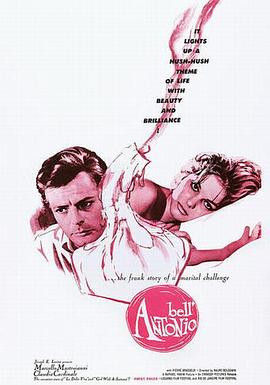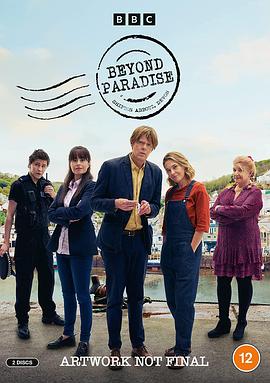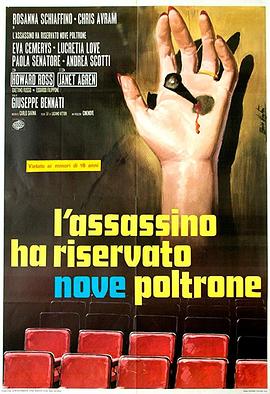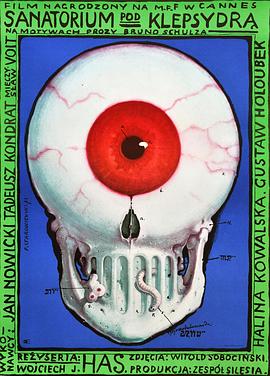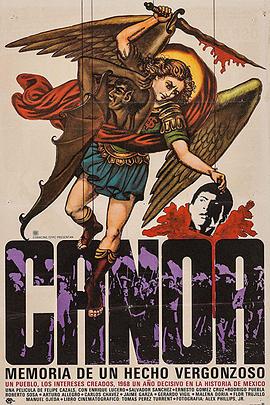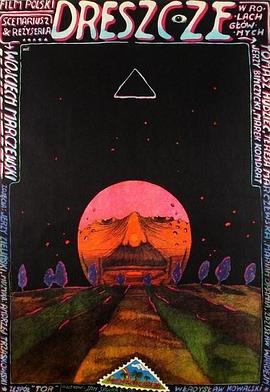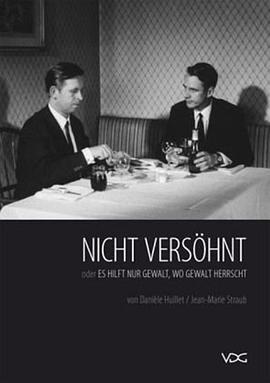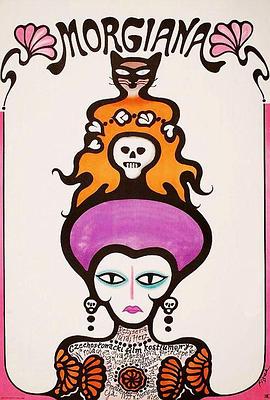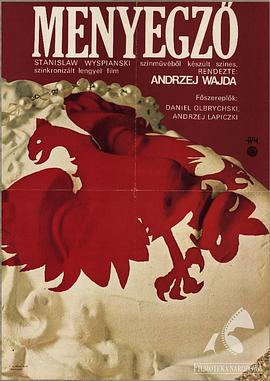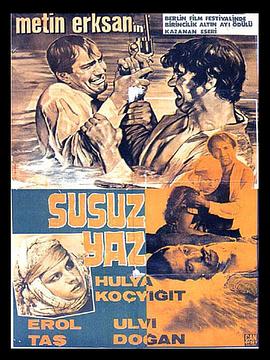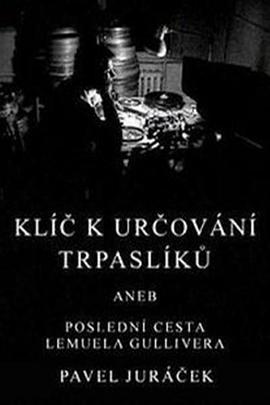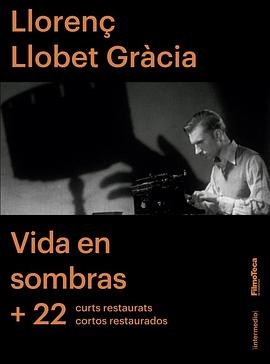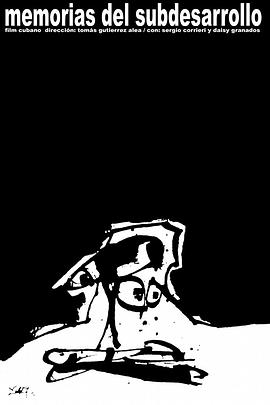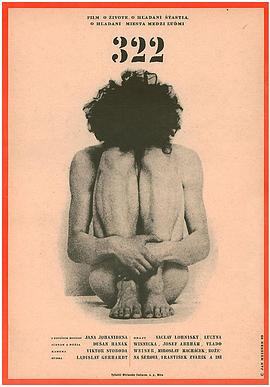Z
搜索"Z",找到4590部影视作品
导演:
/克林特·伊斯特伍德
剧情:
年轻时的小查理·帕克初到纽约时不过是一个普通的乐手,但是潜在的天份和不屈的性格,使他的萨克斯管演奏越来越受到人们的欢迎,他也因此小有名气,并获得了一个漂亮的称号"火鸟"。悠扬的乐曲伴着鲜花和掌声使帕克渐渐沉迷,坎坷的经历和人生的沉浮使帕克在精神上迷失了方向,他渐渐染上了毒瘾。深爱他的妻子决定不惜一切代价帮助火鸟重新站起来…… 好莱坞巨星、著名导演克林特·伊斯特伍德在这部影片中融入了他毕生对爵士乐的热爱,在演员精湛演技的配合下,此片一举荣获奥斯卡最佳音响奖,戛纳国际电影节最佳演员奖、金棕榈奖提名,金球奖最佳导演奖、最佳表演奖提名,纽约电影评论协会最佳女配角奖等。
导演:
/罗杰·唐纳森
主演:
剧情:
1962年10月14日,一则由飞临古巴上空U-2侦察机所拍摄照片中透露的情报信息,引发了一场当时世界两大超级大国美国与苏联之间的空前危机。美国情报官员在这组情报资料中发现,苏联正在距离佛罗里达不到150公里的古巴首都哈瓦那西南的圣克利斯托瓦尔修建基地,部署中短程导弹和运 载核武器的伊尔-28重型轰炸机,这些导弹足以摧毁全美各大城市并且造成重大伤亡。全美上下陷入极度恐慌之中,也将整个世界推向了核灾难的边缘。总统约翰·肯尼迪(布鲁斯·格林伍德 Bruce Greenwood 饰)和其弟罗伯特·肯尼迪(斯蒂文·卡普Steven Culp 饰)沉着应对这场一触即发的核战危机,影片透过白宫高级特别助理肯尼斯·奥唐纳(凯文·科斯特纳 Kevin Costner 饰)之眼,再现了危机重重的惊天十三日。
导演:
/约翰·福特
剧情:
刚从监狱释放出来的Tom Joad (亨利·方达 Henry Fonda饰)回到俄克拉荷马的家的时候却发现原来的家里已经空无一人,打听之下才从农民Jim Casy(约翰·卡拉丁 John Carradine饰)口中得知,随着工业的发展,当地的农民们都被迫离开该地。Tom和Jim在Tom的叔父家里找到了Tom的家人,一家人决定到加利福尼亚去寻找新的工作。一家人把所有的行李都放在一辆卡车上便出发了。路上,Tom的祖母去世了。他们发现了一个地方,专门召集像他们这样的人在那里工作,他们在那里安顿了下来。然而Jim却意外死亡,Tom为了给他报仇也杀了人,只能匆匆逃亡。一家人只能离开,去寻找下一个安身的地方,无家可归的农民们到底路在何方..... 本片改编自斯坦贝克的同名小说,获1941年奥斯卡最佳导演奖。
导演:
/伯特·肯尼迪
主演:
剧情:
Chico one of the remaining members of The Magnificent Seven now lives in the town that they (The Seven) helped. One day someone comes and takes most of the men prisoner. His wife seeks out Chris, the leader of The Seven for help. Chris also meets Vin another member of The Seven. They find four other men and they go to help Chico.
导演:
/莫森·玛克玛尔巴夫
主演:
剧情:
《骑单车的人》是由莫森·玛克玛尔巴夫执导的一部影片,该片讲述在战争期间,许多阿富汗难民纷纷逃到伊朗,但他们每每演绎着悲惨的故事。 《骑单车的人》主人公就是这么一个不幸的阿富汗难民,在伊朗,妻子病重,工作艰辛,备受歧视。为了攒钱治病,老实的男人想尽了一切办法,他接下了一个听起来很荒谬的活:骑单车表演,连续一个星期不能下车。主办者是一个利欲熏心的老板,为了牟利,他请来许多观众,把表演搞得声势浩大。于是小镇所有人纷纷关注起这场表演,下注打赌,俨然在观赏一场盛事……可怜的阿富汗男人在自行车上每天24小时不停的“表演”着,精疲力竭,但为了得到酬金仍然苦苦支撑,忍受着非人的痛苦。到了表演结束的第七天,他已经是一具行尸走肉。
导演:
/Radványi Géza
主演:
剧情:
Somewhere in the remote region, the war ends. In the midst of ruined cities and houses in the streets, in rural hamlets, everywhere where people still live, are children who have lost their homes and parents. Abandoned, hungry, and in rags, defenseless and humiliated, they wander through the world. Hunger drives them. Little streams of orphans merge into a river which rushes forward and submerges everything in its path. The children do not know any feeling; they know only the world of their enemies. They fight, steal, struggle for a mouthful of food, and violence is merely a means to get it. A gang led by Cahoun finds a refuge in an abandoned castle and encounters an old composer who has voluntarily retired into solitude from a world of hatred, treason, and crime. How can they find a common ground, how can they become mutual friends? The castle becomes their hiding place but possibly it will also be their first home which they may organize and must defend. But even for this, the price will be very high. To this simple story, the journalist, writer, poet, scriptwriter, movie director, and film theoretician Béla Balázs applied many years of experience. He and the director Géza Radványi created a work which opened a new postwar chapter in Hungarian film. Surprisingly, this film has not lost any of its impact over the years, especially on a profound philosophical level. That is to say, it is not merely a movie about war; it is not important in what location and in what period of time it takes place. It is a story outside of time about the joyless fate of children who pay dearly for the cruel war games of adults. At the time it was premiered, the movie was enthusiastically received by the critics. The main roles were taken by streetwise boys of a children's group who created their roles improvisationally in close contact with a few professional actors, and in the children's acting their own fresh experience of war's turmoil appears to be reflected. At the same time, their performance fits admirably into the mosaic of a very complex movie language. Balázs's influence revealed itself, above all, in the introductory sequences: an air raid on an amusement park, seen in a montage of dramatic situations evoking the last spasms of war, where, undoubtedly, we discern the influence of classical Soviet cinematography. Shooting, the boy's escape, the locomotive's wheels, the shadows of soldiers with submachine guns, the sound of a whistle—the images are linked together in abrupt sequences in which varying shots and expressive sharp sounds are emphasized. A perfectly planned screenplay avoided all elements of sentimentality, time-worn stereotypes of wronged children, romanticism and cheap simplification. The authors succeeded in bridging the perilous dramatic abyss of the metamorphosis of a children's community. Their telling of the story (the scene of pillaging, the assault on the castle, etc) independently introduced some neorealist elements which, at that time, were being propagated in Italy by De Sica, Rossellini, and other film artists. The rebukes of contemporary critics, who called attention to "formalism for its own sake" have been forgotten. The masterly art of cameraman Barnabás Hegyi gives vitality to the poetic images. His angle shots of the children, his composition of scenes in the castle interior, are a living document of the times, and underline the atmosphere and the characters of the protagonists. The success of the picture was also enhanced by the musical art of composer Dénes Buday who, in tense situations, inserted the theme of the Marseilaise into the movie's structure, as a motive of community unification, as an expression of friendship and the possibility of understanding. Valahol Europaban is the first significant postwar Hungarian film. It originated in a relaxed atmosphere, replete with joy and euphoria, and it includes these elements in order to demonstrate the strength of humanism, tolerance, and friendship. It represents a general condemnation of war anywhere in the world, in any form.
导演:
/艾伦·帕克
剧情:
故事发生在1964年的6月,一辆载有三位民权主义者的车辆被三K党所劫持,之后一行人音信全无。鲁帕特(吉恩·哈克曼 Gene Hackman 饰)和艾伦(威廉·达福 Willem Dafoe 饰)是两帮调查局的探员,他们被指派调查这起恶劣的事件,然而,当两人到达小镇开始调查时,却发现他们的工作遭遇了重重的困难,没有人愿意相信他们,更没有人能够提供有价值的线索。 皮尔(布拉德·道里夫 Brad Dourif 饰)是小镇的副镇长,同时亦是一名坚定的三K党成员,个性粗暴邪恶的他常常将软弱温和的妻子(弗兰西斯·麦克多蒙德 Frances McDormand 饰)揍得遍体鳞伤。鲁帕特十分同情皮尔妻子的遭遇,随着时间的推移,皮尔的妻子渐渐对鲁帕特产生了感情,这让鲁帕特和艾伦看到了案件的突破口。
导演:
/汉尼·阿布-阿萨德,斯戴芬·阿森尼叶维克,阿伊达·贝吉奇,Josefina Markarian,Eric Nazarian,Stergios Niziris,奥玛尔·沙加威
主演:
/内详
剧情:
Six acclaimed foreign directors will shoot short films about Istanbul. "Unutma Beni Istanbul" ("Do Not Forget Me Istanbul") is part of a project carried out within the scope of the city being European Capital of Culture 2010.
导演:
/莫洛·鲍罗尼尼
剧情:
故事发生在意大利的卡塔尼亚,安东尼奥(马塞洛·马斯楚安尼 Marcello Mastroianni 饰)生得一副英俊的面孔,是小镇里有名的花花公子。许多姑娘被他的传闻撩得心痒痒,慕名而来希望成为他的妻子。最终,安东尼奥选择了名为芭芭拉(克劳迪娅·卡汀娜 Claudia Cardinale 饰)的女子,两人携手步入了婚礼的殿堂。 结婚之后,芭芭拉才发现自己的丈夫外强中干,实际上是个性无能,感觉受到了欺骗的芭芭拉决定离开安东尼奥。为了保全儿子的颜面,安东尼奥的父亲做了许多的荒唐事,并且最终死于非命,而安东尼奥却在无心插柳的情况下,成功的令家中的女仆怀孕。
导演:
/Giuseppe Bennati
主演:
剧情:
Patrick Davenant invites a group of friends to visit a theater inside his villa, a place which later reveals itself as sinister. Within a short time, the guests realize that they are trapped in the villa. A merciless killer then begins to murder them one by one.
导演:
/沃依切赫·马尔切夫斯基
主演:
剧情:
在1950年初成立,在斯大林的个人崇拜。故事开始在省城。 tomek的父亲,一个家庭军队的前成员被逮捕,所以离开母亲抚养两个孩子单独的任务。楼上的邻居自杀,当她的丈夫也被逮捕并运到战俘营。这是冬天,让孩子保持在学校他们的手,温暖的手打败自己。在学校教师的平均,狭隘的理想主义者,当他们问孩子们去教堂星期日,全班站起来打败宣传课的目的。 tomek被送到培训学校在夏季。在那里,他把他的头抽水思想吸收,当他的父亲从监狱获释,他发现另一个男孩他已经离开了。 by Google translate
导演:
/让-马里·斯特劳布,达尼埃尔·于伊耶
主演:
剧情:
The subtitle of Jean-Marie Straub and Danièle Huillet’s first feature, from 1965, “Only Violence Helps Where Violence Reigns,” suggests the fierce political program evoked by their rigorous aesthetic. The pretext of the film, set in Cologne, is Heinrich Böll’s novel “Billiards at Half Past Nine,” which they strip down to a handful of stark events and film with a confrontational angularity akin to Bartók’s music that adorns the soundtrack. The subtlest of cues accompany the story’s complex flashbacks. The middle-aged Robert Fähmel tells a young hotel bellhop of persecutions under the Third Reich; his elderly father, Heinrich, an architect famed for a local abbey, recalls the militarism of the First World War, when his wife, Johanna, incurred trouble for insulting the Kaiser. A third-generation Fähmel is considering architecture, just as the exiled brother of Robert’s late wife, returns, only to be met by their former torturer, now a West German official taking part in a celebratory parade of war veterans. Straub and Huillet make the layers of history live in the present tense, which they judge severely. The tamped-down acting and the spare, tense visual rhetoric suggest a state of moral crisis as well as the response—as much in style as in substance—that it demands.
导演:
/达尼埃尔·于伊耶,让-马里·斯特劳布
主演:
剧情:
改编自卡夫卡未完成的长篇小说《美国》,但其关注的并非真实的美国,更像是没有详细年代的关于美国的寓言。卡尔•罗斯曼由于丑闻而接受其舅舅的邀请搬去美国,然而他无法摆脱欧洲大陆旧式习惯,更糟的是,欧洲的阶级结构无法让他通过自己的双手谋生。这一电影版关注资本主义社会创造的残酷而变幻莫测的阶级关系。同时忠于原著而未添加影片的结局。施特劳布夫妇风格的一贯操作与卡夫卡氛围的完美结合:中景固定机位,面无表情的演员,人物肢体和语言刻意僵硬,强调侧面特写,镜头推进及平移刻意突兀。由此我们可以寻求到改编卡夫卡作品的带实验性的可能。
导演:
/安杰伊·瓦伊达
主演:
剧情:
Set at the turn of the century, the story concerns a Polish poet living in Cracow who has decided to marry a peasant girl. The wedding is attended by a heterogenous group of people from all strata of Polish society, who dance, get drunk and lament Poland's 100-year-long division of Poland under Russia, Prussia, and Austria. The bridegroom, a painter friend, and a journalist each in turn is confronted with spectres of Polish past. In the end a call to arms is called but turns out to be a hoax.
导演:
/马丁·舒利克
主演:
剧情:
这是一部关于一位早逝的电影天才的散文式纪录片,《格列佛最后的旅行》用日记+影像的形式再现了1964-1972年捷克导演帕维尔·祖拉塞克的私人生活,他的情感困扰和动荡的时代背景,帕维尔生前只留下了两部电影和33篇日记,1964年29岁的他刚刚独立拍完一部短片并写了几本出色的电影剧本,一个有天赋的年轻编剧即将要成为导演,然而与妻子的矛盾也逐渐显现在艺术家过于自我的生活里,那时新浪潮刚刚萌芽不久,卡罗维发利影展吸引了众多世界的目光,一批刚毕业的青年导演也初露锋芒,包括帕维尔在内的许多人都看到了实现个人梦想的机遇。。。68年前后的改革让布拉格迎来了春天,青年人的生活色彩开始丰富,新潮和时尚充满在这座东欧小城里,可帕维尔的生活却逐渐脱离轨道,妻子离她而去,带走了可爱的女儿,而他正困扰于新剧本的创作,他开始怀疑自己的一些想法,甚至觉得自己也许并不适合做这一行。。。 当苏联坦克悍然侵入布拉格时,帕维尔选择了沉默,并没有像其他人那样走上街头抗议,而是以电影为控诉极权暴力的途径,尽管在《为年轻刽子手的辩护》中这样的主题显得并不是很直白露骨,但事实上隐藏的含意是不言而喻的,而这也决定了帕维尔和他的电影的命运,影片只在一座小剧院里放映了两周就被禁,帕维尔连同埃德尔瓦·朔尔姆、杨·南曼奇、乔拉·赫兹等人一起上了捷克秘密警察的黑名单,他的工作室被迫关闭,胶片拷贝被没收,那段时期他彻底放下了电影,重新组建了新的家庭,并有了儿子,可谁又知道一个受到禁锢而无法展示自己才华的艺术家心中真正的苦闷呢,十七年后当丝绒革命即将爆发之前,54岁的帕维尔却没能等到重获自由的那一天。 影片由帕维尔的儿子马瑞克扮演父亲,片中贯穿头尾的画外音朗读日记也是由他亲自叙述的,导演马丁·苏黎克用家庭电影的实验性拍摄手法将一个艺术家短暂而悲剧的一生展现在观众眼前,时代是如何影响个人的命运,黑白与彩色交织的画面暗示着帕维尔分离的情感世界,一种是与女儿在一起时的温馨,另一种是陷入孤独和迷惘时的无助,在他的眼中我看到了忧伤,即使与家人相处时他的安静的目光背后依然有着深深的痛苦感,对前妻的愧疚,对女儿的思念依然折磨着他的心灵。摄影机始终跟随着主人公,一点一滴地记录下生活的全部,略带苛砾感的影像构建起一个很私人的空间,但生活毕竟是可以被再现的,而特殊的时代却是很难去复制的,所以影片里还插入了不少真实的纪录影像,将真实的场景与演员的再现两者结合为一体,剪接处丝毫没有唐突感。 在我看来尽管帕维尔·祖拉塞克的遭遇能代表捷克新浪潮一代从最初的充满理想到被无情扼杀再到逐渐归于沉寂的悲剧结局,但他更多还是作为一个普通人而存在,他的生活里也有着普通人的爱恨得失,有着那个年代东欧人生活中共同的压抑和痛苦,人们应该记住他和他的电影,记住那段悲伤的往事,但历史并不能倒转,传奇也不可能再去重复。 《格列佛最后的旅行》(The Key for Determining Dwarfs or The Last Travel of Lemuel Gulliver),2002年,58分钟,黑白+彩色,捷克共和国。03年捷克评论家协会最佳纪录片奖;03年德国威斯巴登东欧电影节最佳影片金百合花奖。
导演:
/洛伦斯·约贝特·格拉西亚
剧情:
A great spanish cult movie!! This is one of the most astonishing films ever made. It has some scenes that it should be in the history of cinema. Like the filming by Fernando Fernan Gomez of the militias using a big roll of paper to win a positions. Or the begging of the film based on real events. The birth of the director inside the carp where the first cinematographer was showing "the train arriving to the station". Being shoot in really simple way it's amazing the proper use of the audiovisual language. The late Guillermo Cabrera Infante showed this film in a Canadian film festival in Spanish without subtitles when the projection finish the audience didn't move and they ask for seen the film again. The effect of this film in the audience is unbelievable. None a single person that has seen this rare Spanish movie could forget it. Except the main actor Fernando Fernan Gomez who never remember work on it.
导演:
/杜桑·哈那克
主演:
剧情:
Mannheim-Heidelberg International Filmfestival YearResultAwardCategory/Recipient(s) 1969 Won Grand Prize Dusan Hanák A government official in Czechoslovakia mistakenly believes he has cancer. He reasons his involvement in clandestine activities during the Stalin administration have fated him to die from a dreaded disease. He searches for inner peace as he feels the guilt of his past transgressions. This film tied for the Grand Prize at the Mannheim Film Festival in 1969. Slovak director Dusan Hanak was one of Czech cinema's brightest and best talents of the '60s and '70s, but because of censorship this was not manifest until the late '80s. Dusan made an impact on the film world with his auspicious debut 322 (1969). Though banned until 1988, when it was finally released, it earned international acclaim and the Grand Prix award at the Mannheim Film Festival. Hanak's sophomore effort, the documentary Obrazy Stareho Sveta/Image of an Old World (completed in 1972), was also not released until 1988 and neither was his 1980 film Ja Milujem, Ty Milujes/I Love You, You Love. Only Hanak's 1976 film Ruzove Sny/Rose-Tinted Dreams passed muster with censors and saw a timely release.

